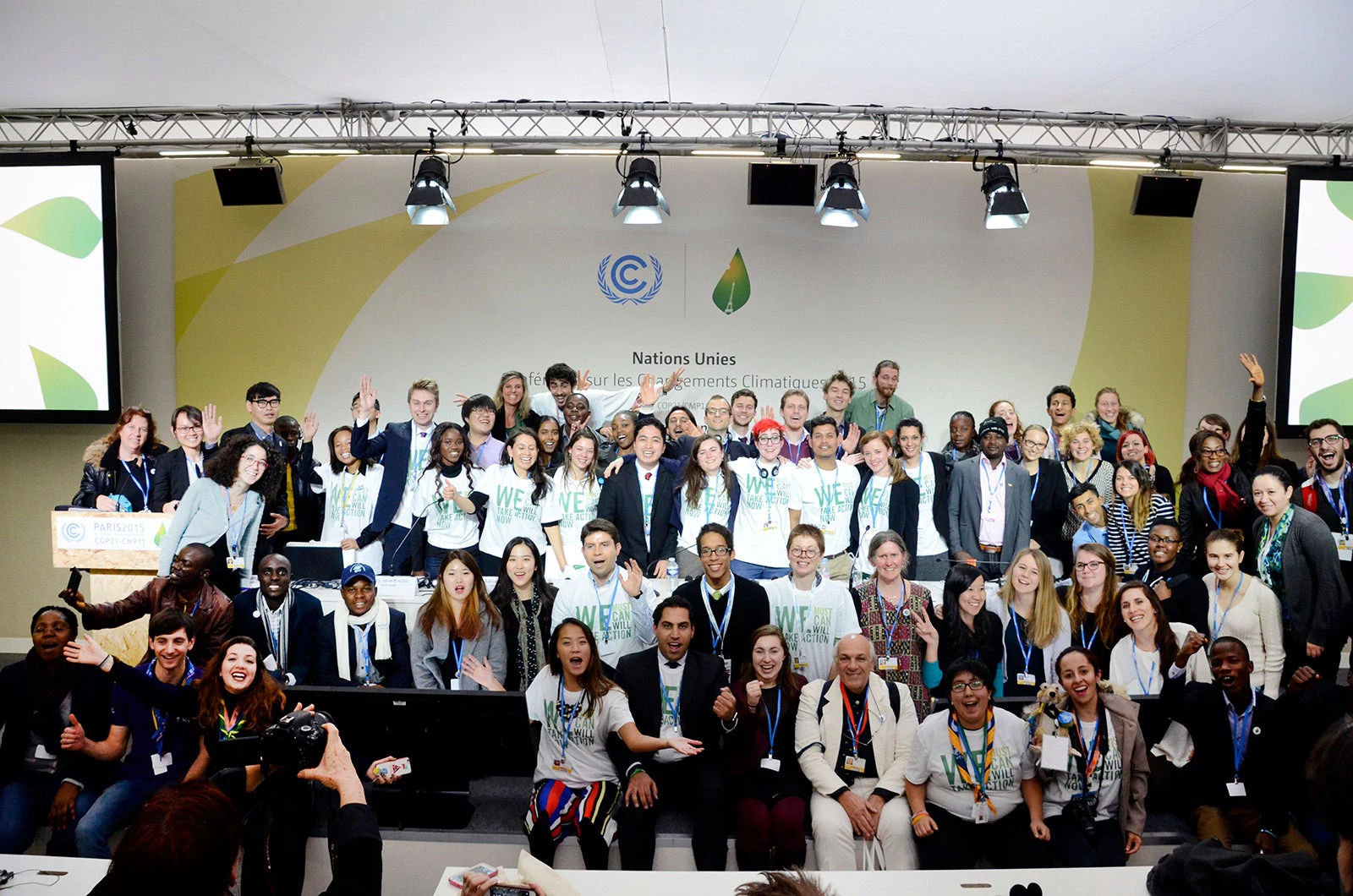
As far as I know, youth in this country are by no means a ‘push over’. For example, since the defeat of terrorism in May 2009, the youth of this country has stepped up in a noticeable way to try and make a ‘new beginning’. A ‘youth open house’ held at the World Bank premises on 01 September saw the dynamism of a handful of such youth groups engaged in activities that ranged from peace and reconciliation to the promotion of ICT development to urban planning. The fact remains that the youth of this nation are taking matters to their own hands and it’s high time that the Government as well as the development partners ‘STOP’ and ‘LISTEN’ to what the youth of Sri Lanka has to offer!!
During a lunch meeting with a group of youth, the visiting World Bank Vice President for South Asia Region said "Young people are the key players in shifting politics". During this discussion, it was also noted that ‘youth’ is not permanent; alluding to the fact that today’s youth would eventually have to move on. Therefore, to address youth issues there is a need to institutionalize mechanisms and plans of action.
To this end, the Government of Sri Lanka is attempting to make amends. The Ministry of Youth Affairs and Skills Development is making plans to draw up a National Youth Policy. Sri Lanka is one of those few countries that do not have a youth policy in place within its national policy framework and this effort is seen as an attempt to fill that space. The Ministry has outsourced the task of developing the policy to a competent third party and, as a result, the Department of Social Studies at the Open University of Sri Lanka (OUSL) is driving the process. This, by now, has become common knowledge. However, contrary to popular belief, the proposal for the development of the National Youth Policy boasts of extensive consultations, including public submissions for the drafting of the policy and conducting key informant interviews with members of the civil society, as well as carrying out public consultations on the draft policy document, prior to finalization.
The World Bank, on its part, is keen to mainstream youth in their projects and programs and, to that end, will look at the Bank’s project activities and take necessary actions to include youth as stakeholders in the development process, rather than mere beneficiaries of projects supported by the World Bank.
Something we (the ‘new’ generation) often complain about is the lack of coordination among the various actors to bring about a significant change. I believe it’s time that we practice what we preach. As a result, another initiative that is gaining momentum is the setting up of a ‘common space’ for sharing the dynamic efforts of youth groups across the country. Does it make sense to share and coordinate activities across youth groups? Can we use this space to disseminate vital information pertaining to youth? Can we use this space as a mechanism for consensus building? These are some immediate questions that spring to mind but will no doubt look forward to hearing what YOU(th) have to say. I am simply ‘youthful’.


Join the Conversation